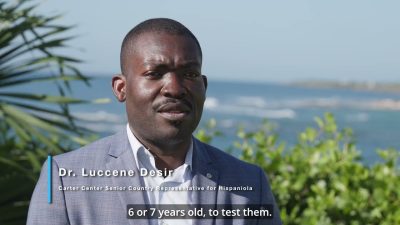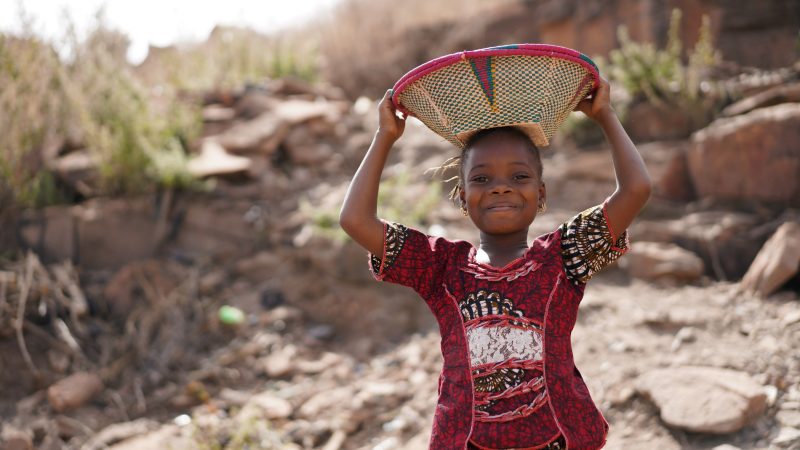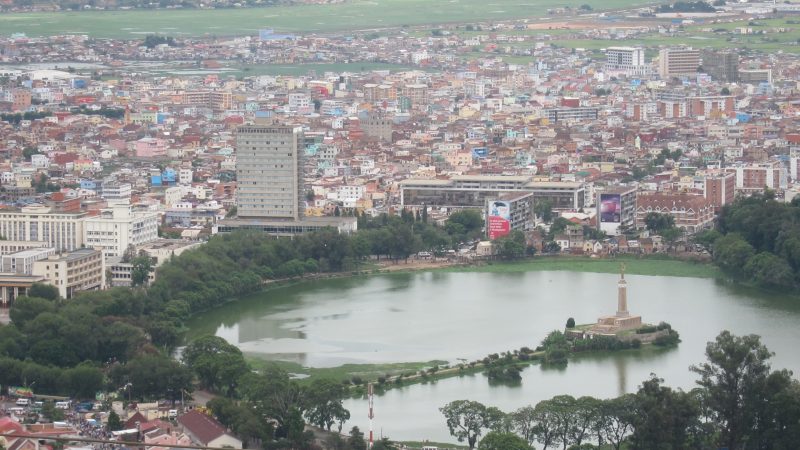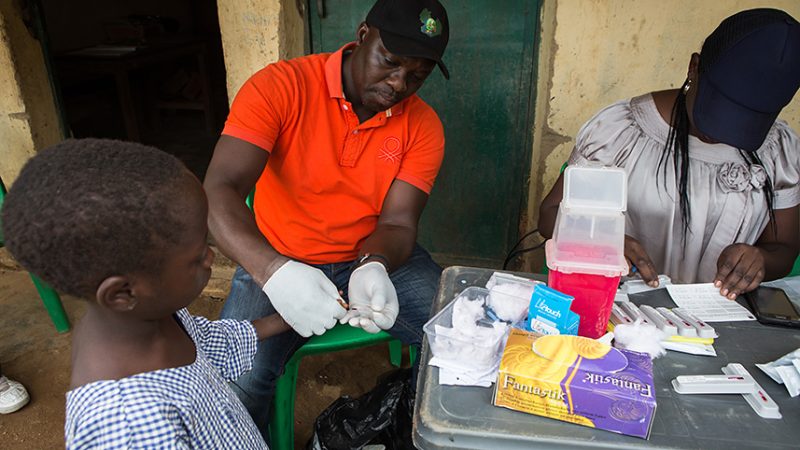
Lymphatic Filariasis
- Health
- Lymphatic Filariasis
We work with national ministries of health to eliminate transmission of lymphatic filariasis — a leading cause of permanent and long-term disability worldwide.
What is Lymphatic Filariasis?
Lymphatic filariasis is caused by thin parasitic worms transmitted to humans by the bites of mosquitoes in tropical and subtropical regions.
These worms damage the lymphatic system, resulting in fluid collection in the tissues — most commonly the legs and genitalia — causing severe swelling and periodic fevers.
If not treated, lymphatic filariasis causes elephantiasis — extreme, sometimes permanent, enlargement of the limbs and hardening of the skin. The disease affects patients’ quality of life, taking a toll on their physical, mental, and economic well-being.
REAL LIVES, REAL CHANGE
Derailing a Debilitating Disease
Guerla Joseph’s right leg is a weight, in more ways than one. It’s severely swollen from lymphedema, which prohibits her from working. The looks from people in her Dominican Republic community make her uncomfortable.
“I do what I can do,” the 49-year-old mother of six said, “but I have difficulty moving around because of the leg.”
The underlying cause of her leg’s swelling is lymphatic filariasis, a parasitic disease transmitted by mosquito bites.
Although there is no cure for Joseph’s condition, we have been working since 2008 to eliminate lymphatic filariasis from Hispaniola, the island shared by the Dominican Republic and Haiti. Our efforts are paying off: Recent blood-sample surveys indicate that the disease has been eliminated as a public health problem in Joseph’s country.
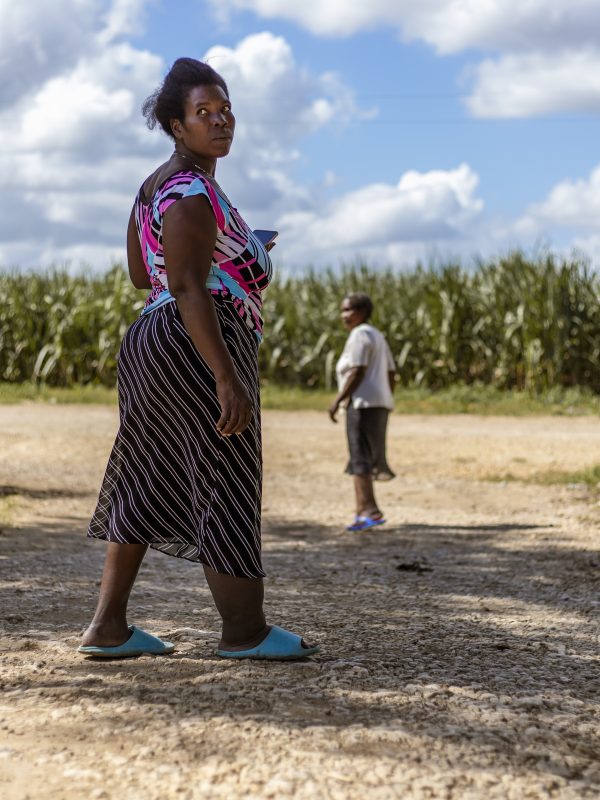
How Widespread is the Disease?
Globally, about 51 million people are infected with lymphatic filariasis, and 657 million are at risk in 39 countries.
We help protect millions from this infection by fighting lymphatic filariasis in eight countries: Chad, Dominican Republic, Ethiopia, Haiti, Madagascar, Nigeria, South Sudan, and Sudan.
Research & Expertise
Explore insights from Carter Center experts and partners on the fight against LF, with articles and publications highlighting strategies, research, and progress toward elimination.
Our Strategy
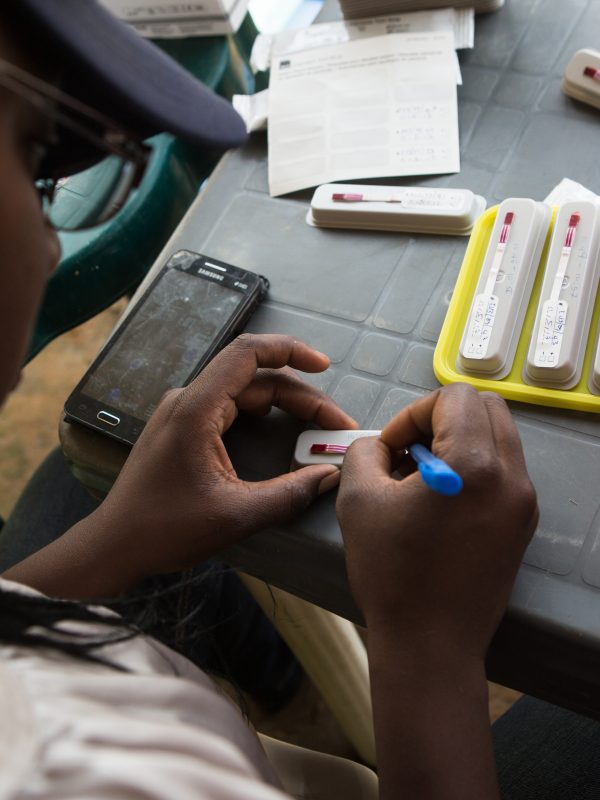
By the Numbers
100%
Percent of formerly endemic districts in the Dominican Republic that have met criteria to stop mass drug administration for lymphatic filariasis.
1.36M
Number of bed nets distributed in Haiti with the Carter Center’s assistance to protect against mosquito bites.
36M+
Number of drug treatments delivered to the two Nigerian states of Plateau and Nasarawa, where the disease was eliminated.
Spotlight on Lymphatic Filariasis
Global Impact Starts with You
Your support sustains the Carter Center's mission of waging peace, fighting disease, and building hope around the world.

